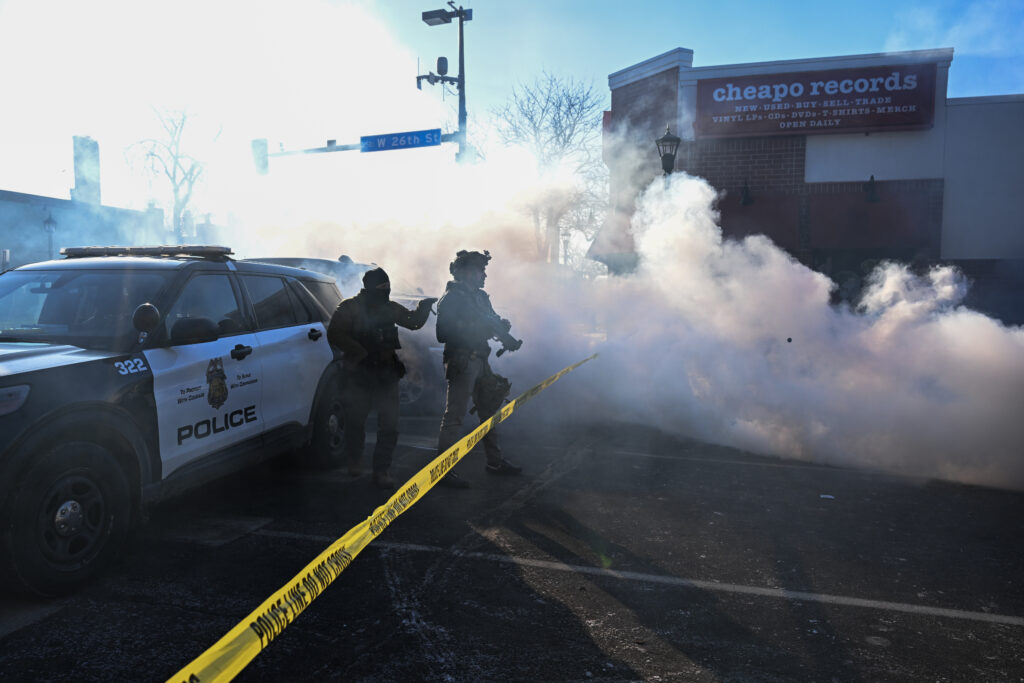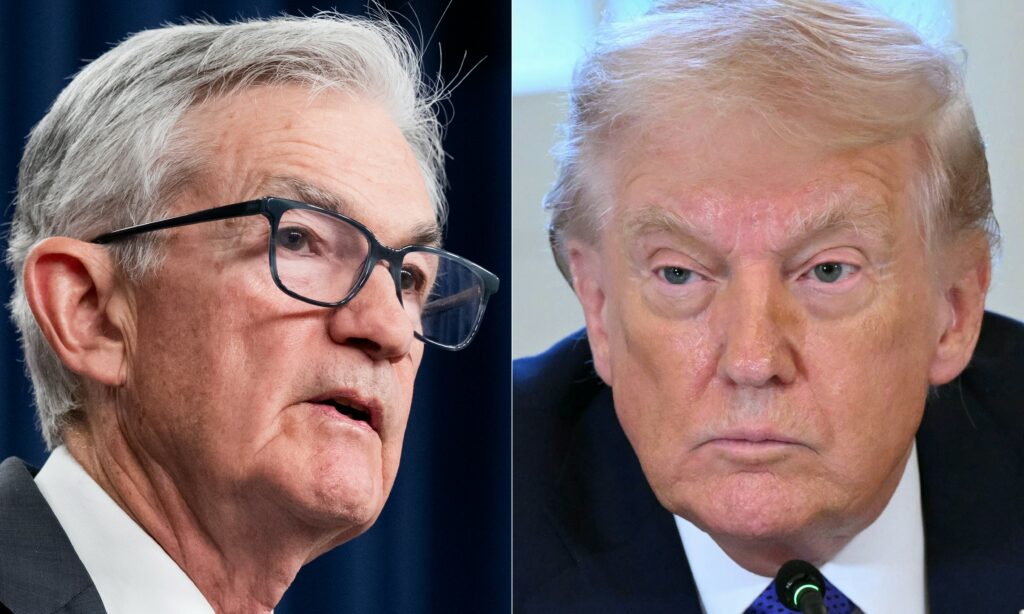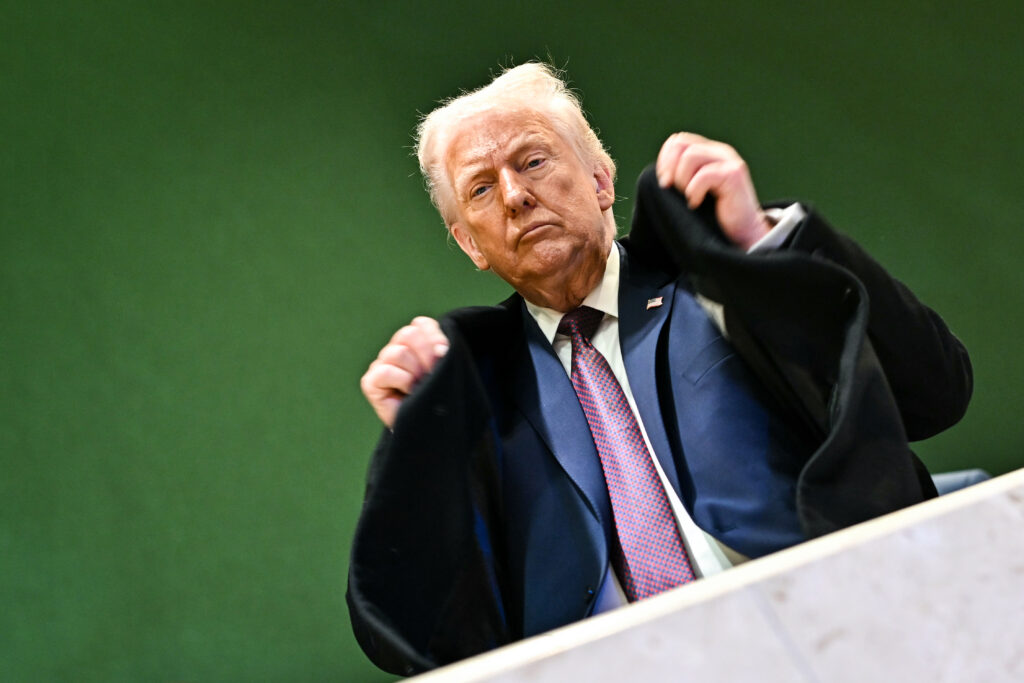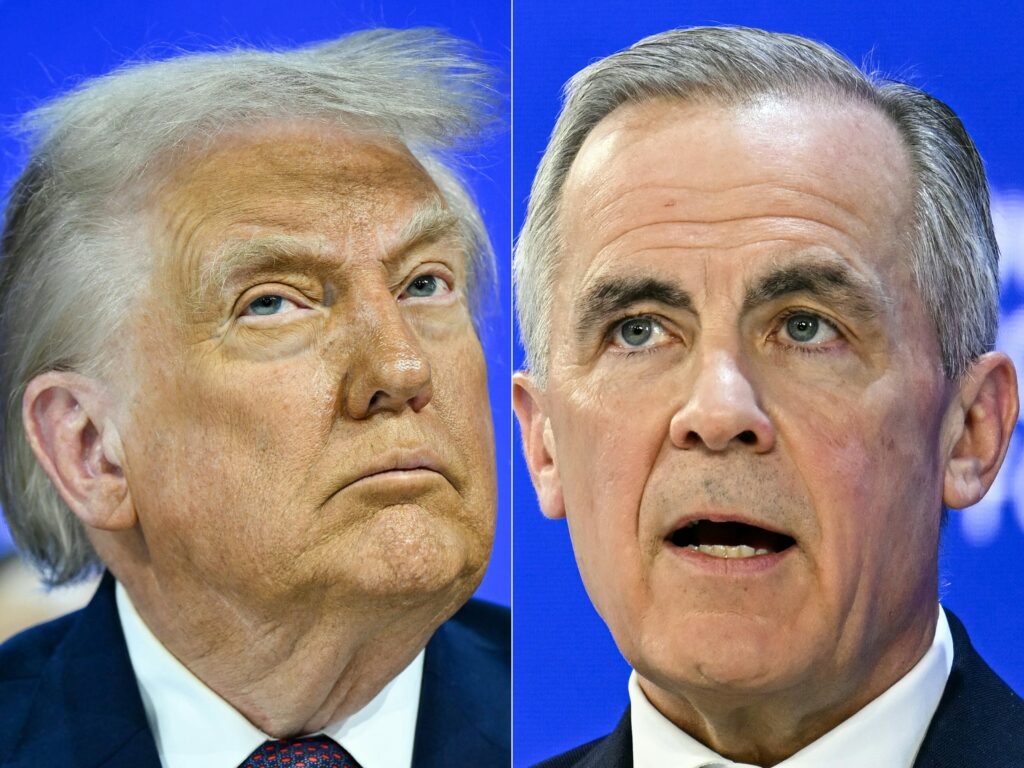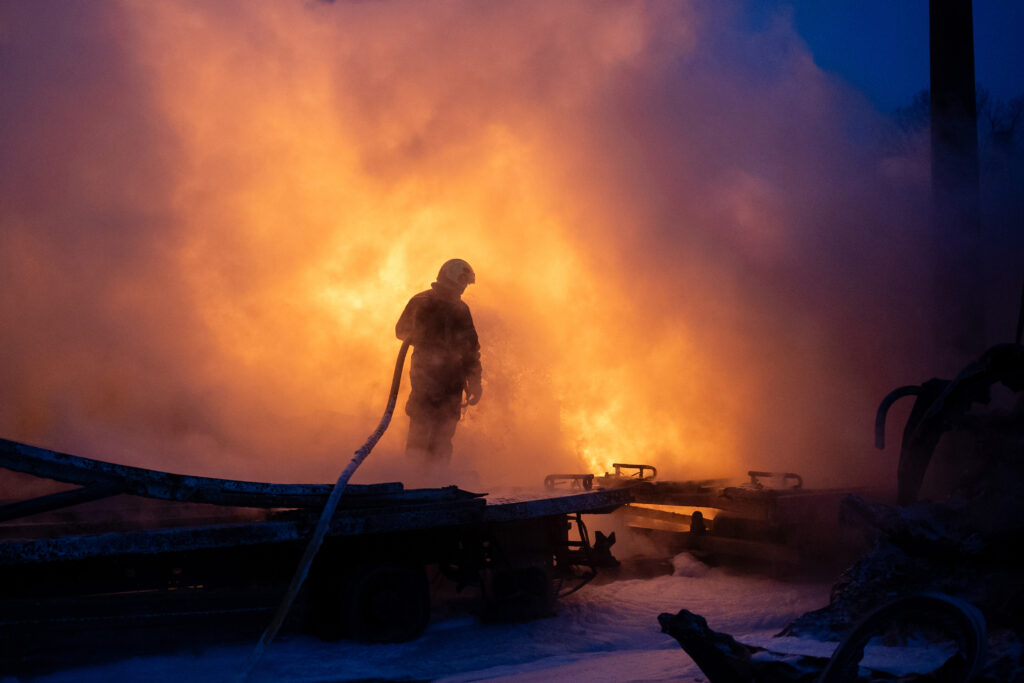American daredevil free-climbs Taiwan’s tallest building
An American climber took on Taiwan’s tallest building on Sunday, becoming the first person to scale Taipei 101 without a rope, harness or safety net.Hundreds of spectators gathered at the base of the 101-storey tower to watch Alex Honnold, 40, embark on his daredevil feat, which was also broadcast live on Netflix.After an hour and a half, he successfully made it up 1,667 feet (508 metres) before triumphantly rappelling down to reunite with his wife, Sanni McCandless Honnold. Speaking at a press briefing afterwards, Honnold said “time is finite”, and people should “use it in the best way”.”If you work really hard… you can do hard things,” Honnold added.Honnold has conquered some of the world’s most intimidating rock faces and rose to global fame in 2017 after he climbed Yosemite’s “El Capitan”, lauded among his peers as the pinnacle of technical difficulty on the massive granite monolith.It had always been a dream of Honnold’s to add scaling Taipei 101 to his list of achievements he told reporters, adding that his first request had been rejected. He did not offer more details about why this was the case.”For the project to come together more than a decade later… It’s so great. What an opportunity, it is such a pleasure,” he added.Honnold is the first person to free solo climb Taipei 101, without a rope, harness, or safety net, but not the first to reach its peak.In 2004, Alain Robert, dubbed “the French Spiderman,” was the first to take on the challenge, but used safety ropes because of the rainy conditions.Sunday’s spectacle drew crowds of hundreds, with onlooker Richard Bode, 34, calling the event a “once-in-a-lifetime experience.”Benson, 24, told AFP that Honnold was “incredibly brave”, while others, like Lin Chia-jou, 54, said it was “terrifying” to watch.Taiwan’s President Lai Ching-te congratulated Honnold in a Facebook post on Sunday, branding the challenge “truly moving”.”The climb was tense, setting hearts racing,” he added in the post.- Daring feat -The event, titled “Skyscraper Live”, was scheduled to be broadcast on Netflix on Saturday (0100 GMT), but it was postponed due to bad weather.Dressed in a red T-shirt and yellow custom-made climbing shoes, Honnold moved up the southeast face of the glass and steel building swiftly on Sunday when better weather permitted the climb.At one point, he stepped onto a platform midway up to wave down at fans and onlookers who were taking photos.People watching from inside the building could be seen gawking and tapping at the glass, as Honnold moved past the enclosed observation deck on the 89th floor.Taipei 101 chairwoman Janet Chia said on Saturday on Threads that it was touching to hear that fans had travelled from Singapore, Hong Kong and southern Taiwan to watch the climb and apologised for the delay in the event.

